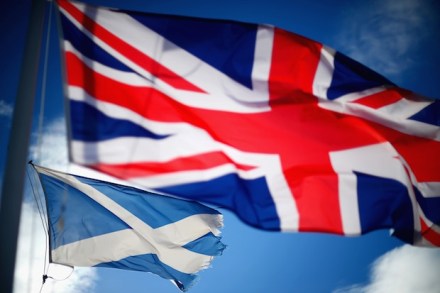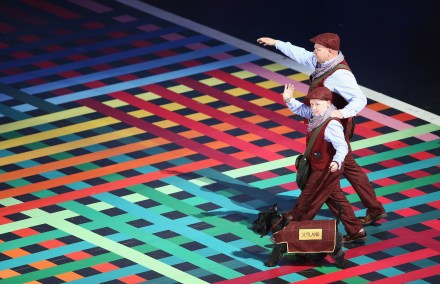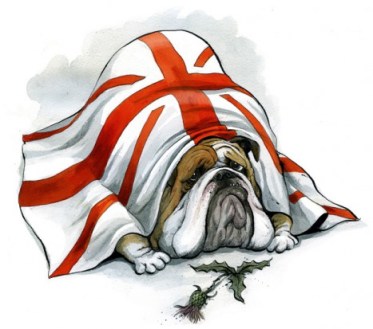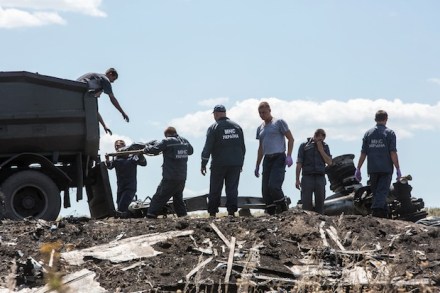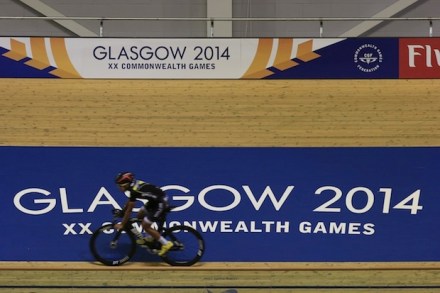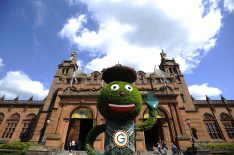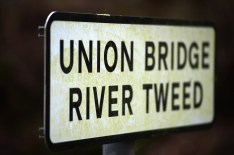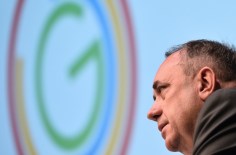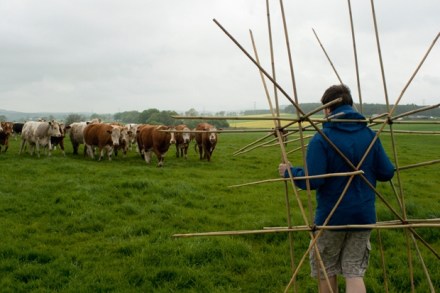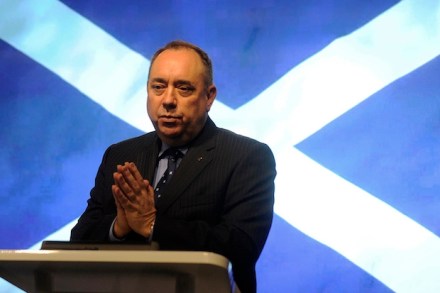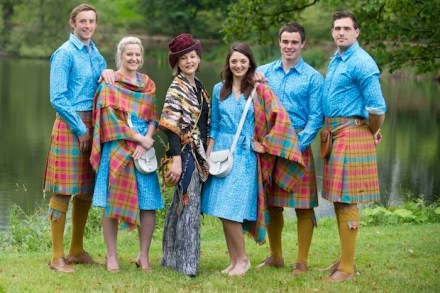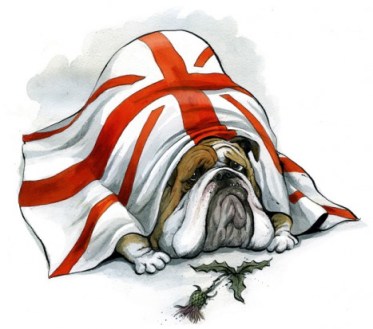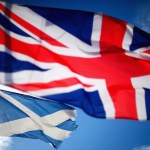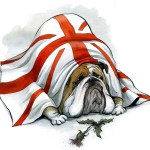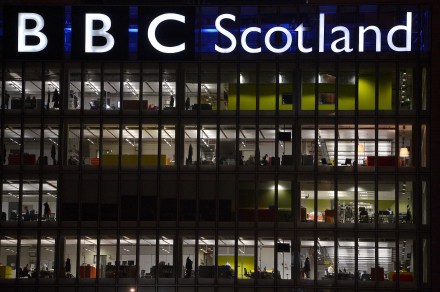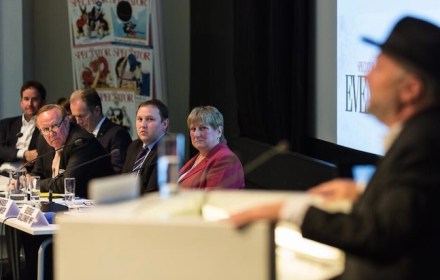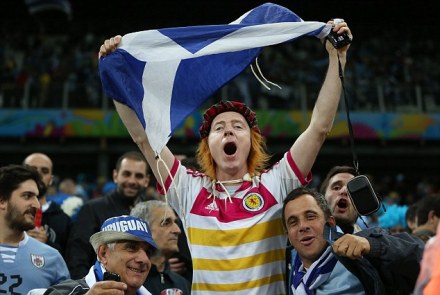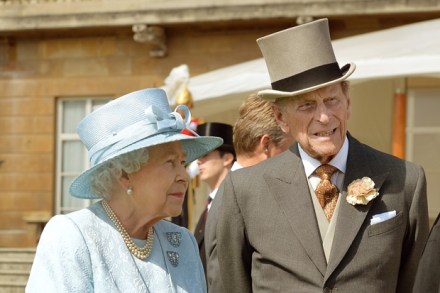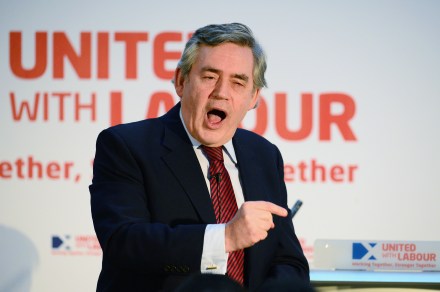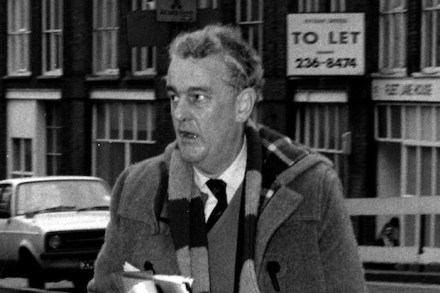Why won’t the Salmond / Darling debate be shown in England?
The future of Britain is at stake, but you wouldn’t know it from how ITV is behaving. On Tuesday, STV will broadcast a live debate between Alex Salmond and the leader of the No campaign, Alistair Darling. This promises to be one of the pivotal moments in the referendum campaign. But, depressingly, the only way anyone outside of Scotland will be able to watch it is on the internet via STV Player. The failure to put it on ITV across the whole of the UK reflects the failure to understand that, while only the residents of Scotland may have vote in the independence referendum, the result will affect all of
